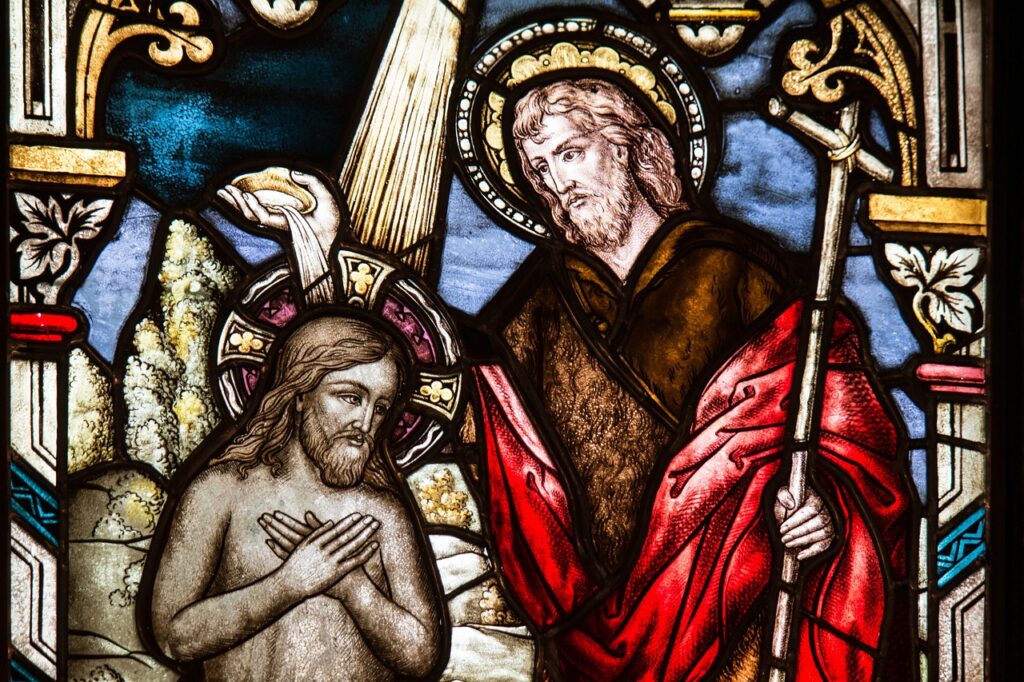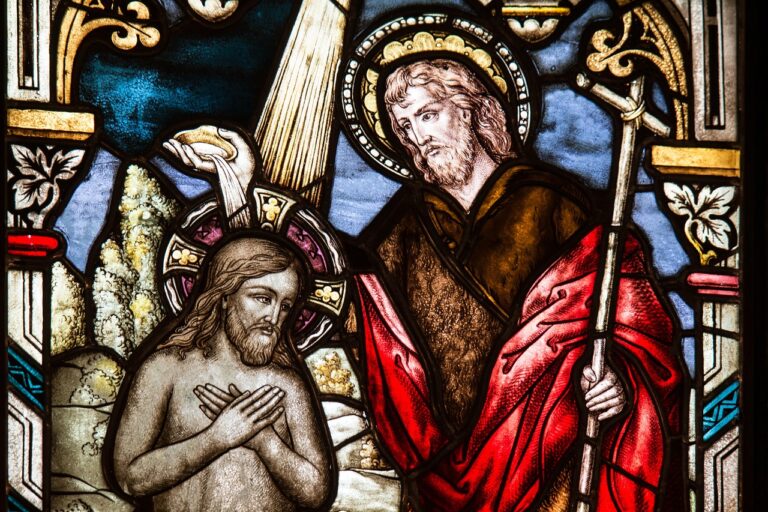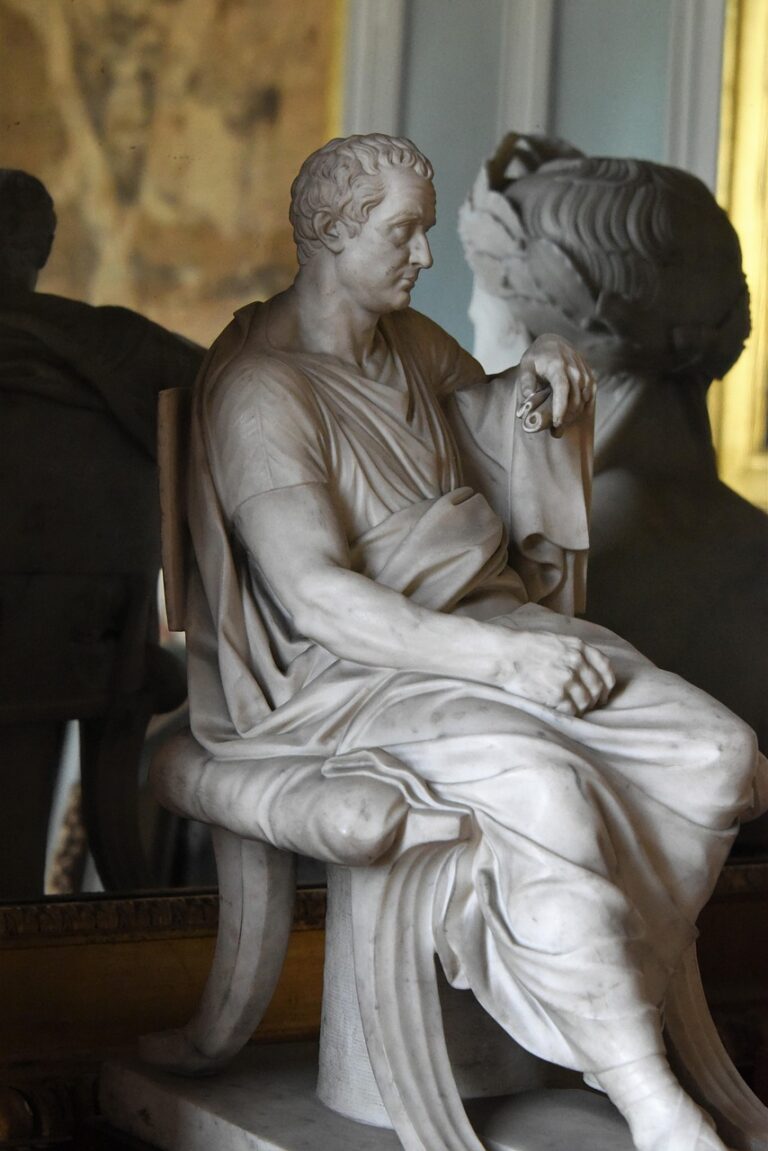
Christianity is a diverse faith with a rich tapestry of beliefs and practices. While many are familiar with the core tenets of Christianity, there are numerous lesser-known beliefs that various denominations and groups hold. This article explores some uncommon Christian beliefs that might surprise you, shedding light on the fascinating variety within this global faith.
1. The Concept of Christian Universalism
Christian Universalism is the belief that all souls will ultimately be saved and reconciled with God, regardless of their earthly actions or faith. This belief contrasts sharply with traditional views that emphasize eternal damnation for those who do not accept Christ. Universalists often cite passages from the Bible that suggest God’s love and mercy extend to all humanity, arguing that a loving God would not condemn anyone to eternal suffering.
This belief has roots in early Christianity and was popularized by figures like Origen and Gregory of Nyssa. In modern times, many Universalists focus on the inclusive nature of Christ’s message. They emphasize that God’s grace is available to everyone, promoting a vision of hope and redemption that transcends conventional boundaries of faith and belief.
2. The Doctrine of the Trinity in Unitarian Christianity

While most Christians believe in the Trinity—the Father, the Son, and the Holy Spirit—Unitarian Christians reject this concept. They believe in the oneness of God and view Jesus as a great teacher and prophet rather than as a divine figure. This belief stems from a desire to return to the teachings of Jesus and the early church, focusing on the unity of God rather than a complex theological framework.
Unitarians often emphasize the importance of personal faith and the individual’s relationship with God. They draw from various religious traditions, advocating for a rational and compassionate approach to spirituality. This belief system attracts those who seek a more straightforward understanding of God, free from the complexities of traditional Christian doctrines.
3. Christian Science and Healing

Christian Science is a movement founded by Mary Baker Eddy in the 19th century. One of its core beliefs is that physical illness is an illusion that can be overcome through spiritual understanding. Adherents believe that prayer and a deep understanding of God can lead to healing, asserting that the mind plays a crucial role in physical health.
Christian Scientists often rely on prayer rather than conventional medical treatments. They emphasize the importance of spiritual education and understanding the nature of reality as fundamentally spiritual. This belief can lead to a unique lifestyle that prioritizes spiritual practices and community support over traditional healthcare methods, prompting both interest and criticism.
4. The Quakers and Inner Light
The Religious Society of Friends, commonly known as Quakers, holds a distinctive belief in the “Inner Light.” This concept posits that there is a divine spark in every person, guiding them toward truth and righteousness. Quakers emphasize individual spiritual experiences and direct communion with God, often leading to silent worship where participants wait for personal revelation.
Quakers reject formal sacraments and structured rituals, believing that each person can connect with the divine without intermediaries. This belief fosters a strong sense of community, as members gather to share insights and support each other’s spiritual journeys. The emphasis on peace, equality, and simplicity reflects their commitment to living out the teachings of Jesus in practical ways.
5. Gnosticism and Hidden Knowledge

Gnosticism is an ancient belief system that emphasizes the importance of personal spiritual knowledge (gnosis) over orthodox teachings. Gnostics believe that the material world is flawed, created by a lesser deity, and that true enlightenment comes from understanding one’s divine nature and the mysteries of the universe. They often view Jesus as a teacher who imparted secret knowledge to his followers.
Many Gnostic texts were excluded from the biblical canon, leading to their marginalization within mainstream Christianity. However, the resurgence of interest in Gnosticism has led to a reevaluation of its teachings, with some modern Christians exploring its concepts of duality, enlightenment, and the nature of God. Gnosticism challenges believers to question established doctrines and seek deeper truths.
6. The Role of Women in Early Christianity
Many people are surprised to learn that women played significant roles in early Christianity. Figures like Mary Magdalene, Phoebe, and Priscilla were prominent leaders and teachers in the early church. Some scholars suggest that early Christian communities were more egalitarian, with women actively participating in ministry and leadership roles.
This view contrasts with traditional interpretations that often emphasize male leadership in the church. Some modern Christian movements are reclaiming this history, advocating for the full inclusion of women in all aspects of church life. This belief reflects a growing recognition of the importance of gender equality in faith communities today.
7. The Emergence of Progressive Christianity

Progressive Christianity is a contemporary movement that seeks to reinterpret traditional beliefs in light of modern understanding and social justice. This approach often emphasizes inclusivity, environmental stewardship, and social activism. Progressive Christians advocate for a faith that engages with contemporary issues such as poverty, racism, and climate change.
This movement challenges traditional doctrines and encourages believers to question and evolve their understanding of God and spirituality. Progressive Christianity often draws on the teachings of Jesus to promote a message of love, compassion, and justice. It resonates with those seeking a faith that actively engages with the world and addresses its challenges.
8. The Belief in Spiritual Warfare
Many Christians believe in the concept of spiritual warfare, which posits that there is an ongoing battle between good and evil forces in the spiritual realm. This belief often involves the idea that evil spirits or demons can influence individuals and societies, necessitating prayer, fasting, and other spiritual practices to combat these forces.
Spiritual warfare is particularly emphasized in certain charismatic and Pentecostal traditions, where believers engage in prayer and worship as a means of asserting God’s power over evil. This belief encourages a proactive approach to spirituality, urging individuals to be vigilant against negative influences and to cultivate a strong relationship with God.
9. The Afterlife Beliefs of Different Denominations

While many Christians share a belief in heaven and hell, different denominations have varying interpretations of what the afterlife entails. Some believe in a literal heaven and hell, while others view these concepts symbolically. For instance, some Christian denominations emphasize the idea of a new creation or restoration of all things rather than a traditional heaven.
Additionally, some groups believe in the possibility of purgatory, a state of purification before entering heaven. These diverse beliefs about the afterlife reflect the rich theological discussions within Christianity and the varying interpretations of biblical texts related to eternal life.
10. The Importance of Mysticism in Christianity
Mysticism in Christianity emphasizes direct experiences of God and the divine presence. Mystical practices often involve contemplative prayer, meditation, and other spiritual disciplines aimed at fostering a deeper connection with God. Many mystics, such as St. John of the Cross and St. Teresa of Avila, have contributed to the understanding of the spiritual journey toward union with God.
Mysticism encourages believers to seek a personal relationship with the divine, often leading to transformative experiences that transcend conventional religious practices. In today’s world, many Christians are exploring mysticism as a way to deepen their faith and understand the mysteries of existence.
11. The Role of Creation Care
Creation care is a belief that emphasizes the responsibility of Christians to protect and care for the environment. This concept is based on the idea that God created the Earth and entrusted humanity with its stewardship. Many Christians believe that caring for creation is an essential part of their faith and should be integrated into their lives.
This belief has gained traction in recent years, particularly among younger Christians who are passionate about environmental issues. Churches and organizations are increasingly promoting sustainability, conservation, and social justice as integral aspects of their mission, reflecting a growing awareness of the interconnectedness of faith and environmental responsibility.
12. The Influence of Liberation Theology

Liberation theology is a movement that emphasizes social justice and the liberation of oppressed peoples. Rooted in the belief that Jesus came to bring good news to the poor, liberation theologians advocate for action against systemic injustices, such as poverty, racism, and inequality. This theology is particularly prominent in Latin America, where it has inspired grassroots movements for social change.
Liberation theology encourages Christians to engage with the struggles of marginalized communities and to work toward justice and equality. It challenges believers to view their faith as a call to action and to actively participate in the transformation of society for the better.
13. The Belief in Prophetic Voices
Some Christians believe in the existence of modern-day prophets—individuals who claim to receive divine revelations or messages from God. These prophetic voices are often seen as crucial for guiding the church and society, providing insights into spiritual and social issues. This belief is particularly prevalent in charismatic and Pentecostal circles, where prophetic ministry plays a significant role in worship and community life.
Believers in prophetic voices emphasize the importance of discernment, seeking to distinguish between genuine revelations and false teachings. This belief fosters a dynamic and responsive faith community, encouraging members to remain open to the ways God might be speaking through individuals today.
14. The Role of Rituals and Sacraments
While most Christians recognize the importance of rituals and sacraments, the understanding and significance attributed to them can vary widely. Some denominations view rituals, such as baptism and communion, as essential means of grace, while others see them as symbolic acts reflecting personal faith.
In some traditions, additional rituals are practiced, such as confirmation, anointing of the sick, and marriage blessings. These rituals serve to strengthen community bonds and deepen individual faith. Understanding the diverse views on rituals within Christianity can illuminate the richness of the faith and the various ways believers express their spirituality.
15. The Promise of the New Heaven and New Earth

Many Christians hold a belief in the eventual establishment of a new heaven and new earth, as described in the book of Revelation. This belief suggests that God will restore creation and bring about a perfect existence free from pain, suffering, and sin. The vision of a renewed creation offers hope for believers, emphasizing the transformative power of God’s love and grace.
This belief influences how Christians view their current lives and responsibilities. It encourages them to work toward justice, peace, and restoration in the present, anticipating the fulfillment of God’s promises for the future. This eschatological perspective fosters a sense of purpose and urgency in living out one’s faith.
Conclusion
Christianity encompasses a wide array of beliefs, some of which may be unfamiliar to many. From the concept of Universalism to the emphasis on creation care, these uncommon beliefs highlight the diversity and richness of the Christian faith. Understanding these varied perspectives encourages deeper conversations and fosters a greater appreciation for the ways people experience and express their spirituality. As Christianity continues to evolve, exploring these lesser-known beliefs can enrich one’s understanding of this global faith and its impact on individuals and communities.
FAQs
What is the most unusual Christian belief?
One of the most unusual beliefs might be Christian Universalism, which posits that all souls will ultimately be saved, regardless of their earthly actions or faith.
Do all Christians believe in heaven and hell?
No, beliefs about heaven and hell vary significantly among Christian denominations. Some view them literally, while others interpret them symbolically or believe in different forms of afterlife.
What is liberation theology?
Liberation theology is a movement that emphasizes social justice and the liberation of oppressed peoples, rooted in the belief that Jesus came to bring good news to the poor.
How do different denominations view rituals?
Rituals and sacraments are viewed differently across denominations; some see them as essential means of grace, while others view them as symbolic acts of faith.
What is the significance of creation care in Christianity?
Creation care emphasizes the responsibility of Christians to protect and care for the environment, reflecting the belief that God entrusted humanity with stewardship of the Earth.






